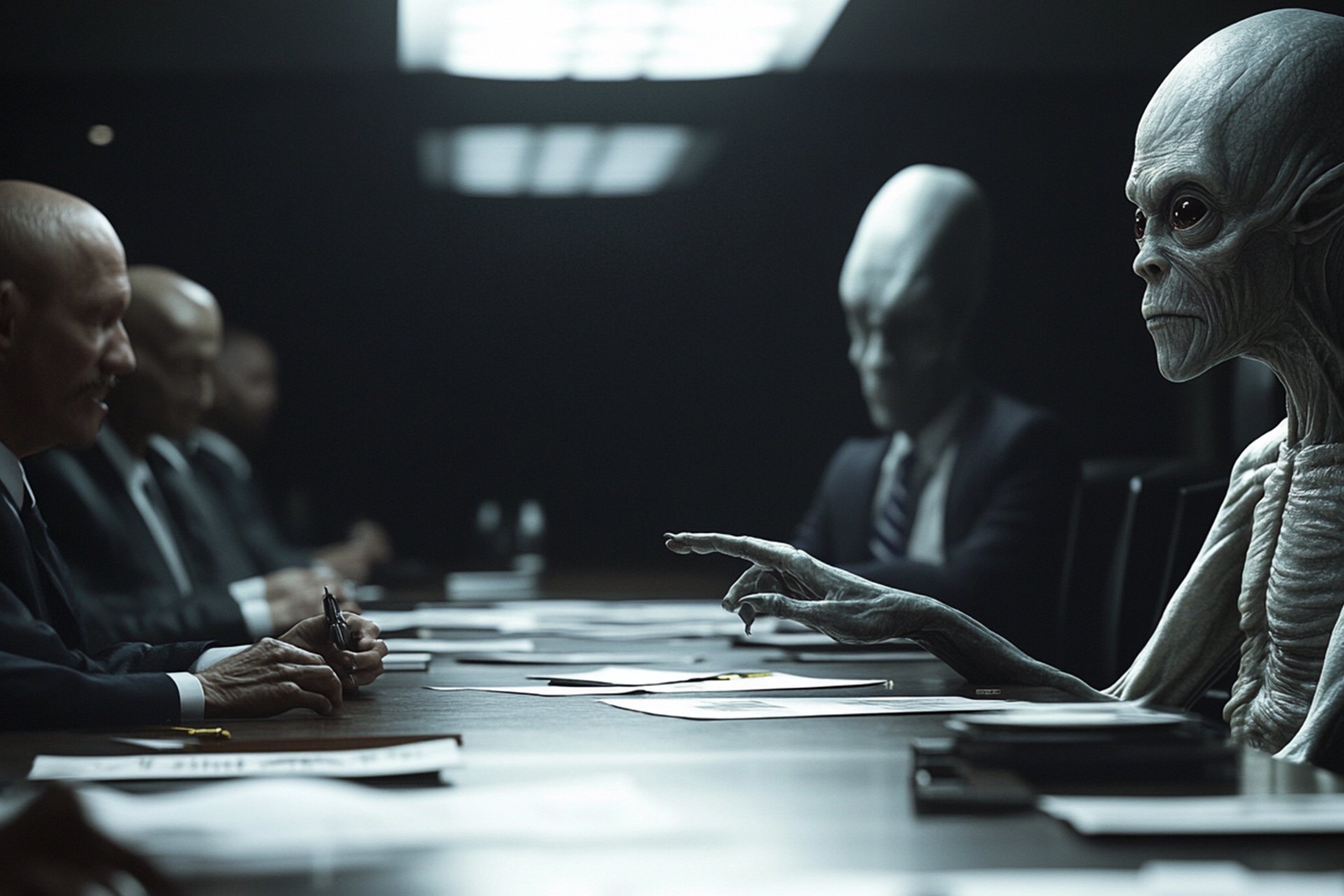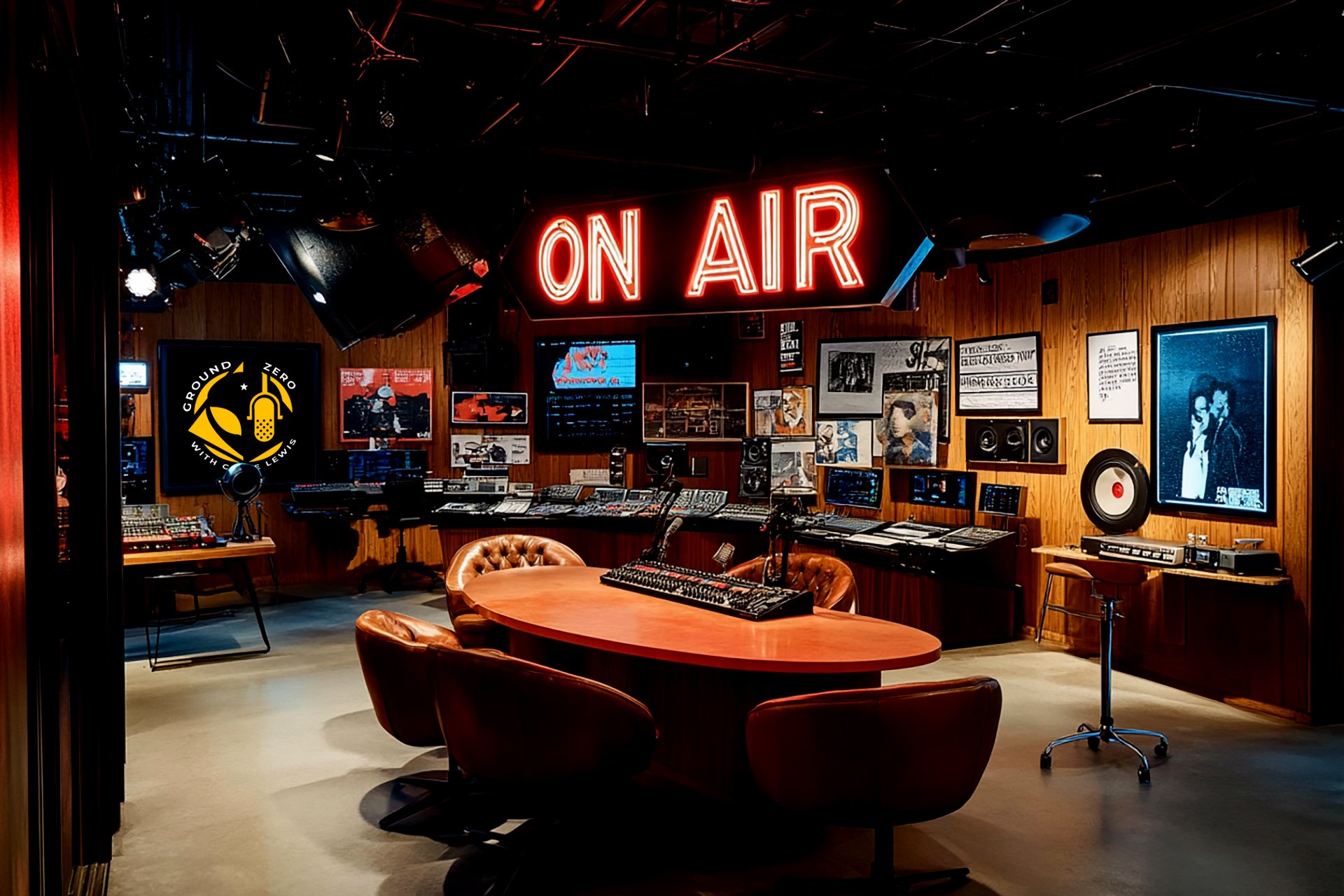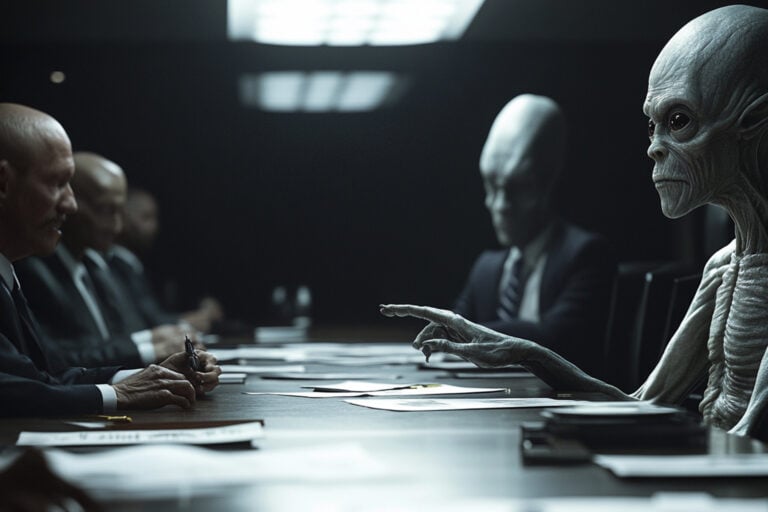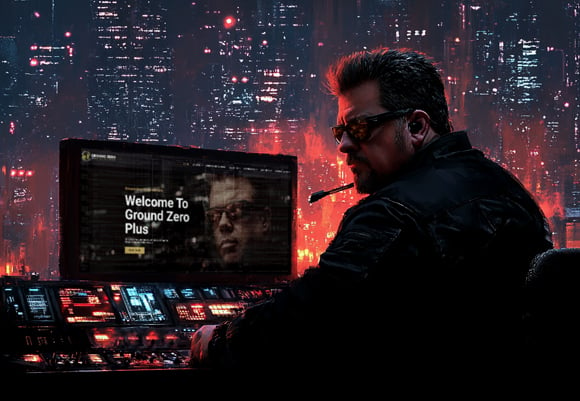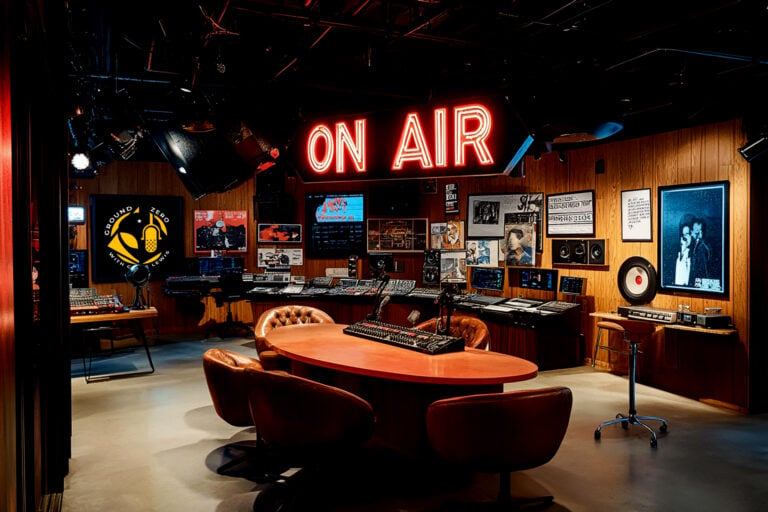The Remarkable Guests and Topics of Ground Zero
For nearly three decades, Ground Zero with Clyde Lewis has ventured where mainstream media fears to tread, exploring the shadows between established fact and speculative possibility. What has distinguished the program from countless imitators isn’t just its approach but the extraordinary range of topics and guests that have graced its airwaves. As we reflect on this remarkable broadcasting journey, we celebrate the conversations that have defined one of alternative media’s most enduring voices.
The Paranormal Pioneers
Ground Zero established early credibility in paranormal research by featuring investigators who brought scientific methodology to supernatural inquiry. The late-night airwaves came alive when Lewis interviewed the legendary Lorraine Warren, whose paranormal investigations with husband Ed inspired “The Conjuring” franchise, discussing cases too disturbing for their Hollywood adaptations to fully portray.
The show’s exploration of hauntings went beyond sensationalism with recurring appearances by parapsychologist Dr. Barry Taff, whose UCLA-backed research into the infamous Entity case (later becoming the 1982 film) brought academic rigor to ghostly phenomena. These conversations elevated paranormal discussion from mere ghost stories to serious examination of consciousness and reality itself.
Remote viewing—the claimed psychic ability to see distant locations—received thorough investigation through multiple appearances by Major Ed Dames, whose military background in the Stargate Project lent credibility to a contentious field. His predictions and explanations of remote viewing protocols provided listeners rare insight into classified government programs exploring human consciousness.
UFOlogy’s Leading Voices
Perhaps no subject has featured more prominently on Ground Zero than the UFO phenomenon, with the program hosting virtually every significant researcher in the field. From Timothy Good’s explosive revelations about government knowledge of extraterrestrial presence to Dr. Steven Greer’s Disclosure Project witnesses, the show became a crucial platform for information often suppressed elsewhere.
When physicist and former Area 51 employee Bob Lazar made rare media appearances, Ground Zero provided extended, unedited conversations about alleged reverse-engineering of alien craft—discussions that demanded technical understanding few broadcasters could provide. Similarly, the late Stanton Friedman, nuclear physicist turned UFOlogist, regularly chose Lewis’s program to present meticulous research on the Roswell incident and MJ-12 documents.
The show’s UFO coverage gained particular distinction through Lewis’s interviews with military witnesses, including Robert Salas, the former USAF captain who reported UFOs shutting down nuclear missiles at Malmstrom Air Force Base—testimony first aired extensively on Ground Zero before gaining wider recognition years later.
Conspiracy Investigations
Long before “conspiracy theory” became a mainstream discussion point, Ground Zero was examining hidden power structures and covert operations with nuance uncommon in media. When Jim Marrs, renowned for his investigation into JFK’s assassination, appeared on the program, listeners received master classes in connecting historical dots without falling into speculative excess.
The mysterious deaths of microbiologists in the early 2000s—largely ignored by mainstream news—received extensive investigation through Ground Zero interviews with independent journalists tracking the pattern. Similarly, Lewis’s conversations with Catherine Austin Fitts about “black budget” economics provided rare insight into how trillions of dollars operate beyond public oversight.
The show distinguished itself by featuring whistleblowers like Susan Lindauer, former CIA asset charged under the Patriot Act after claiming pre-9/11 knowledge of attacks, and Philip Marshall, former airline pilot whose suspicious death followed publications questioning official 9/11 narratives. These voices found platform on Ground Zero when other media outlets deemed them too controversial.
Cultural Prophets and Futurists
Beyond investigation of hidden events, Ground Zero consistently hosted thinkers examining humanity’s trajectory. Futurist and Singularity theorist Ray Kurzweil appeared multiple times discussing technological immortality, while transhumanist philosopher Max More debated the ethics of human enhancement—conversations that seemed science fiction then but approach reality now.
The late philosopher Terence McKenna’s appearances discussing consciousness exploration and timewave theory became sought-after recordings among psychedelic researchers. Similarly, Graham Hancock’s alternative archaeological theories about lost civilizations received serious examination long before his ideas gained mainstream traction through Netflix documentaries.
When discussing cultural manipulation, the program broke new ground with interviews featuring symbolic literacy expert Michael Tsarion and media theorist Douglas Rushkoff, examining how ancient psychology and modern technology combine to shape mass consciousness—topics increasingly relevant in today’s algorithm-driven information landscape.
Scientists on the Fringe
Perhaps most remarkably, Ground Zero consistently featured credentialed scientists exploring unconventional theories. Dr. Michio Kaku, theoretical physicist and co-founder of string field theory, has appeared discussing multidimensional reality and cosmic threats. Climatologist Dr. David Dilley presented alternative climate change models challenging dominant narratives, while geologist Robert Schoch detailed evidence for sophisticated ancient civilizations predating conventional timelines.
The controversial field of HAARP and weather modification research received serious treatment through interviews with Dr. Nick Begich, whose technical explanations of electromagnetic technologies transcended typical conjecture about these facilities. Similarly, Lewis’s conversations with Dr. Robert Duncan about directed energy weapons and mind control technologies were grounded in documentable research despite their science fiction appearance.
The Ground Zero Legacy
What emerges from reviewing three decades of Ground Zero’s guest roster isn’t merely a catalog of alternative voices but a parallel intellectual history—one documenting scientific, paranormal, and political discussions occurring outside institutional frameworks. While mainstream discourse often catches up years or decades later, these conversations happened in real-time on late-night radio, preserved for posterity in the program’s extensive archives.
As media increasingly fragments into algorithmic bubbles, the value of Ground Zero’s longform, cross-disciplinary conversations grows more apparent. In a landscape of abbreviated soundbites and partisan filtering, Lewis’s willingness to engage deeply with controversial thinkers represents a broadcasting tradition increasingly rare yet vitally important.
The program’s guest history stands as testament to the power of curious inquiry unbounded by conventional limitations—a legacy of conversations that collectively form an alternative education for those willing to venture beyond established narratives into the territory where breakthrough thinking often begins: ground zero of human understanding.

